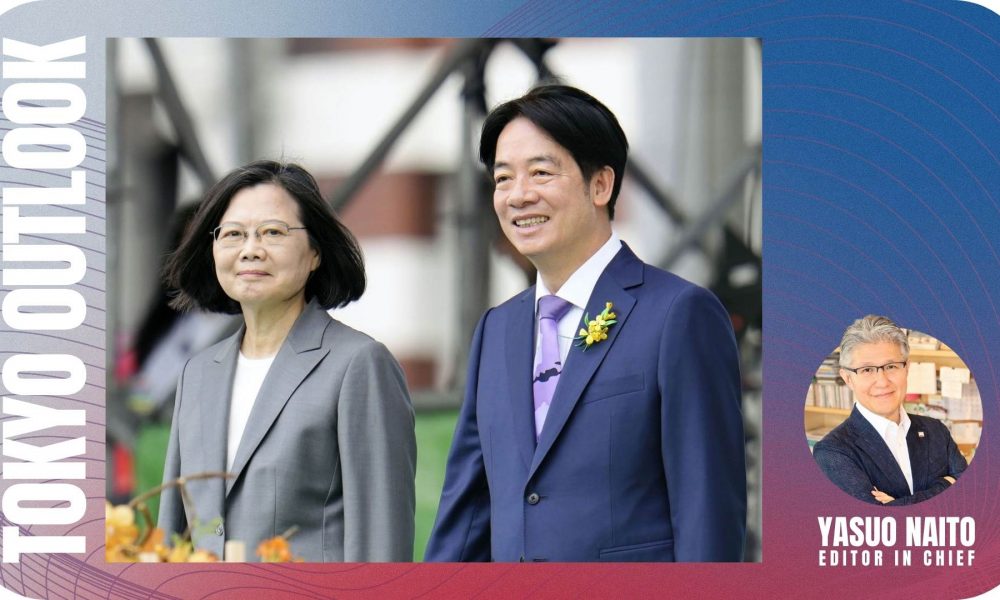
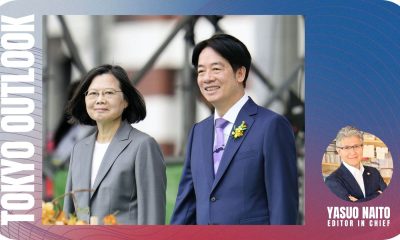

Beijing's reaction to Lai Ching-te's inauguration shows how vital Taiwan is in shaping Asia's future and beyond. Japan must do its part to keep China in...



The Kuomintang and Beijing want to resume talks based on the 1992 Consensus, but this is an unworkable approach as it inherently denies Taiwan's democracy.



While China couldn't thwart William Lai's presidential win, Xi could still use his rapidly modernizing army to realize his ultimate goal of "reunifying" Taiwan.
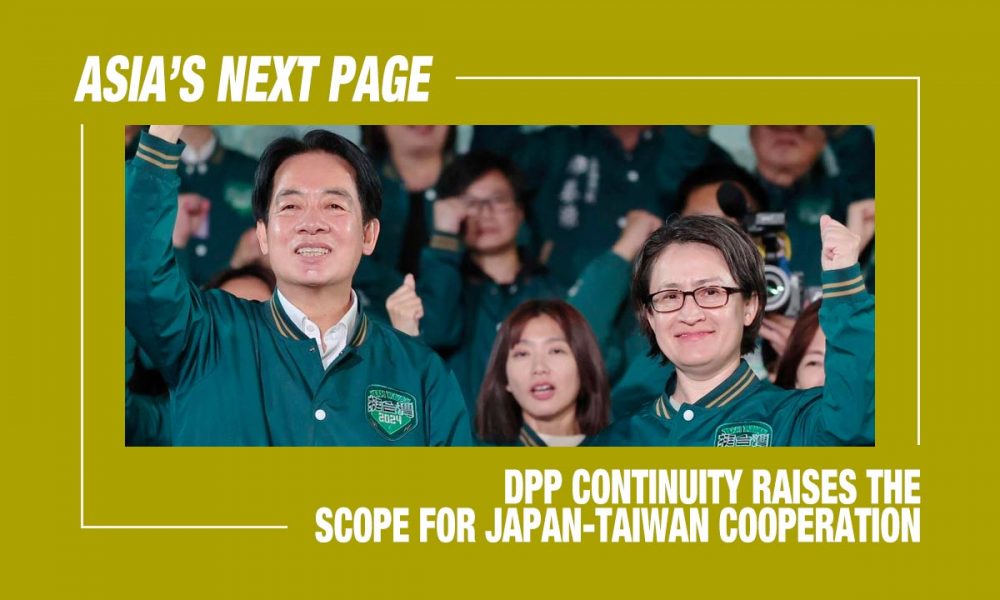
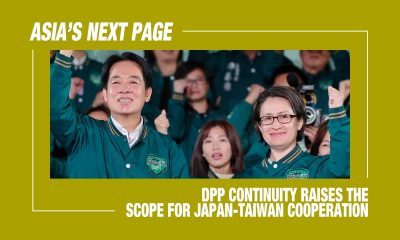

The continuity in leadership vision is an added incentive for Japan to involve Taiwan in supply chain resilience efforts, including semiconductor production.
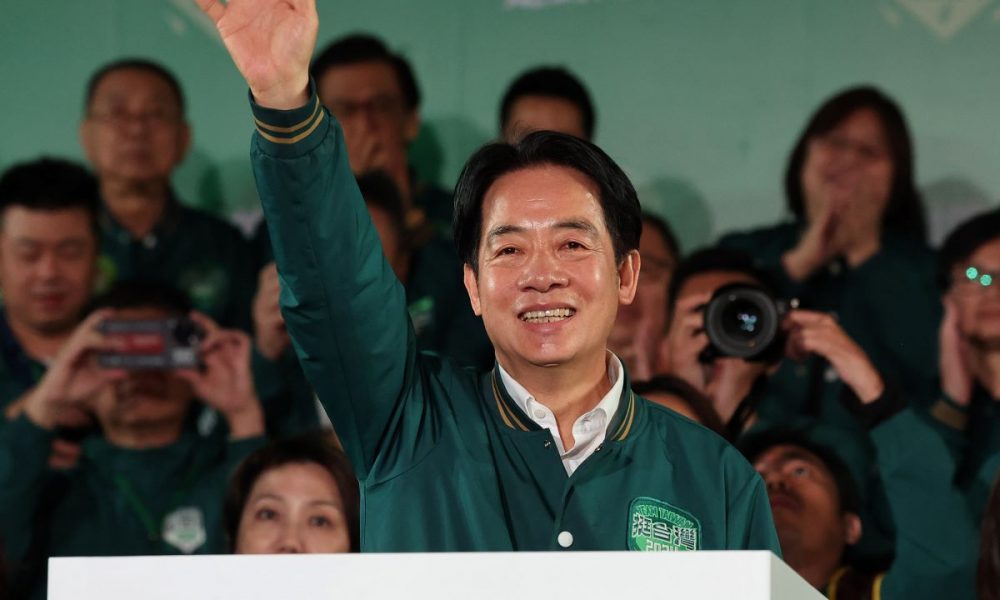
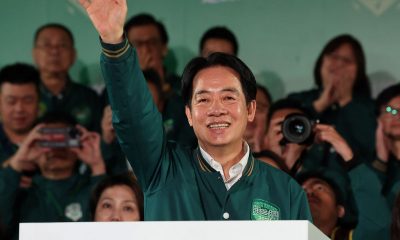

Lai Ching-te won the presidency, but the China-friendly opposition KMT secured more votes than expected, signaling domestic and diplomatic challenges to come.
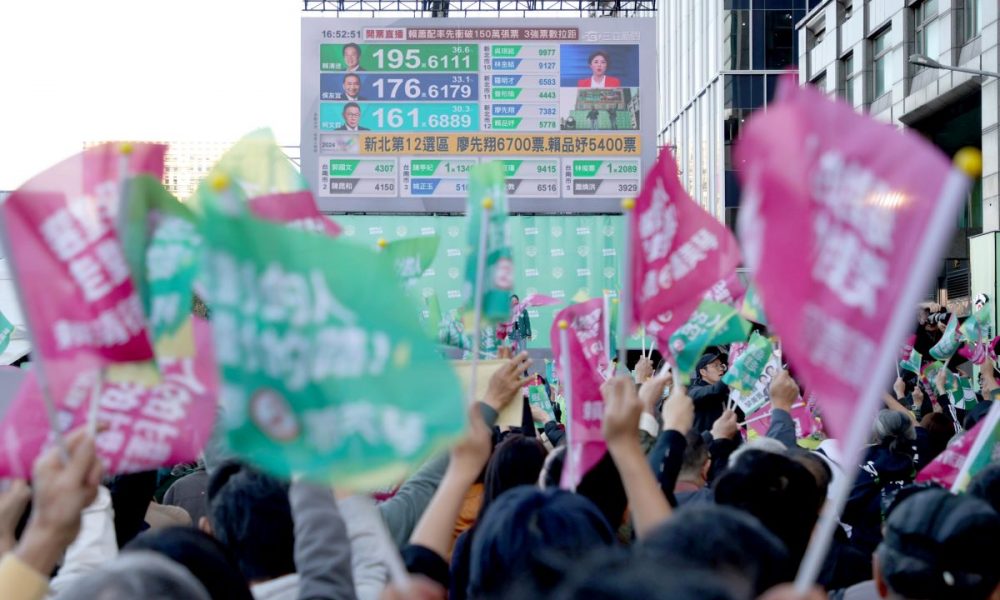
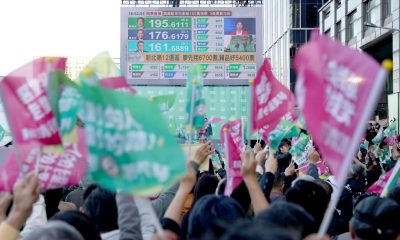

After capturing only 40% of the vote in the Taiwan election, one key to tackling Taiwan's challenges will be Lai's ability to forge ties with the...
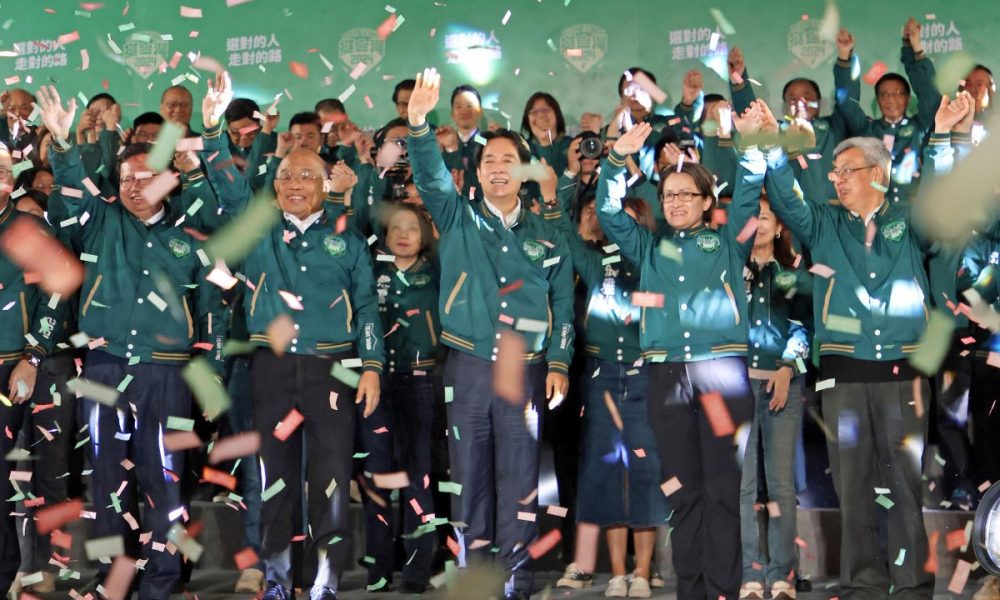
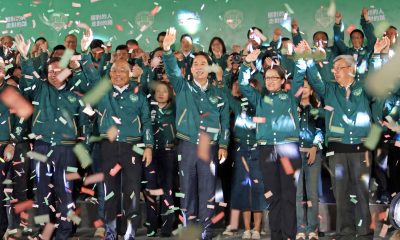

For Lai to be able to safeguard the liberty and democracy of Taiwan, China's infiltration efforts must be vigorously pursued.
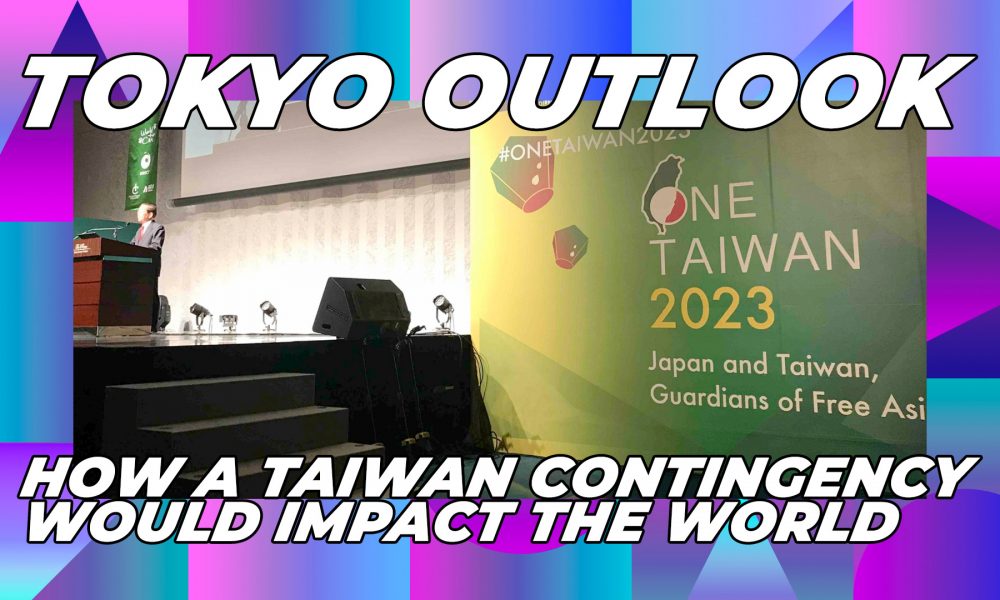
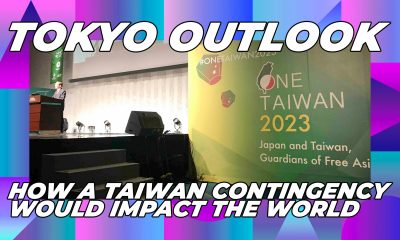

In a rousing speech, Frank Hsieh warned that China's invasion of Taiwan would be a major defeat for democracy and cause irreparable harm to the global...
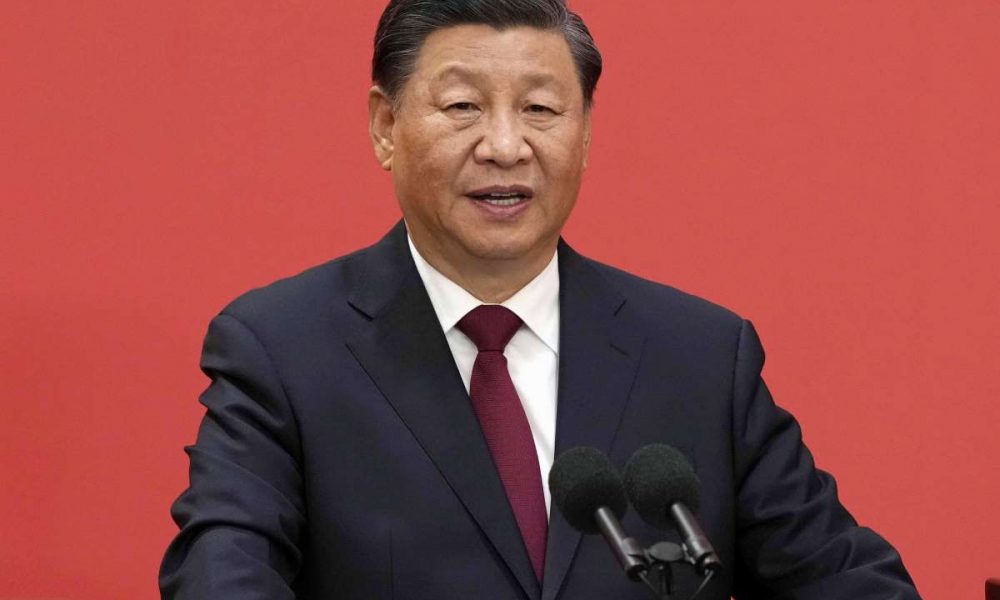
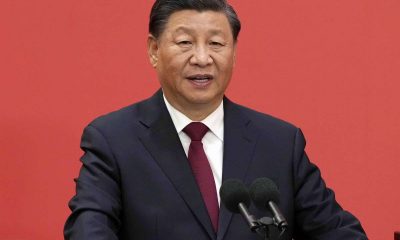

The author offers insight into today's China by analyzing the CCP's anti-Japan campaign, Xi's alleged speech in Beidaihe, and questions about his mental state.
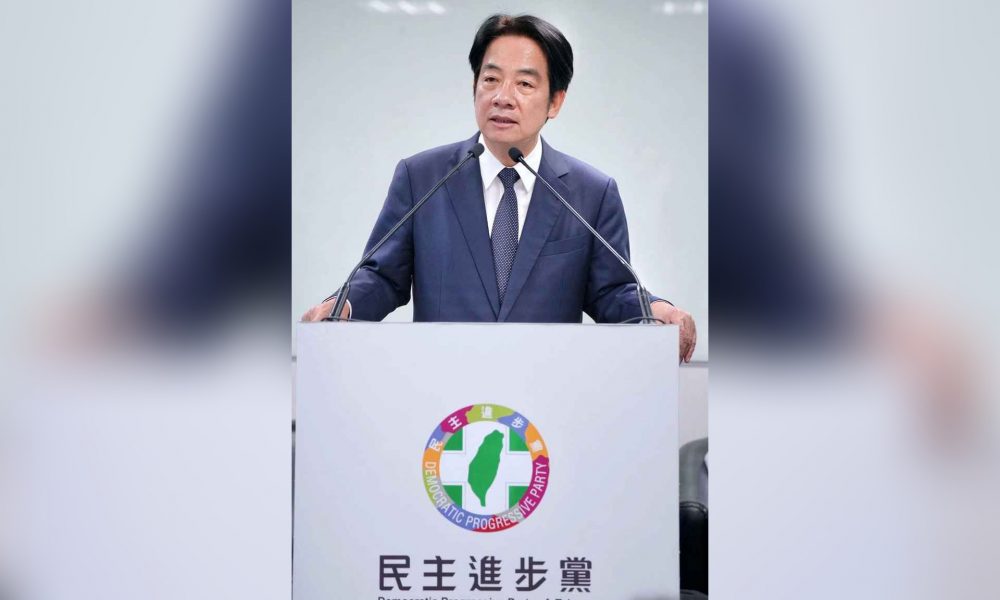


During a press conference, Taiwan Vice President William Lai rejected the "One China" principle and underscored the importance of Taiwan-Japan relations.
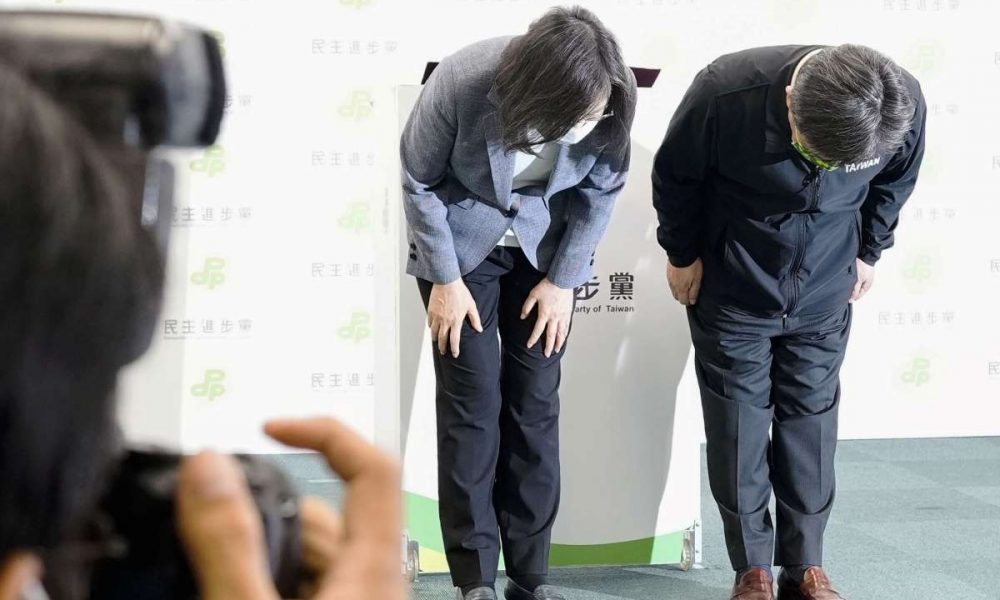
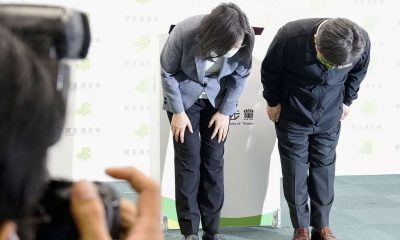

Voter concerns in the Taiwan elections were on local issues, such as economy and inflation. But the results could embolden China's influence operations.
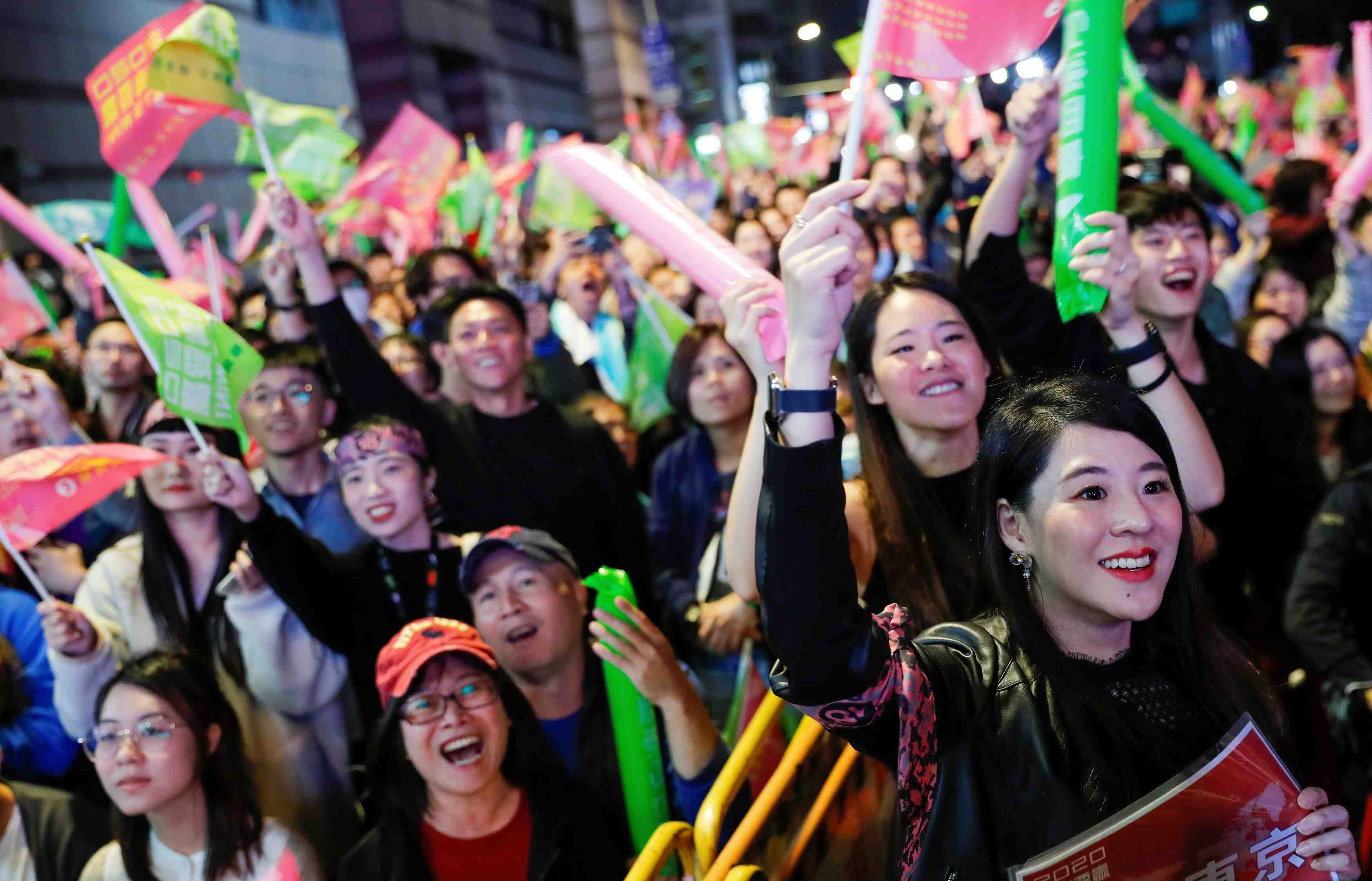


With all the votes tallied, President Tsai Ing-wen has been re-elected president of Taiwan. By a significant margin of 18.5% or 2.65 million votes, the...